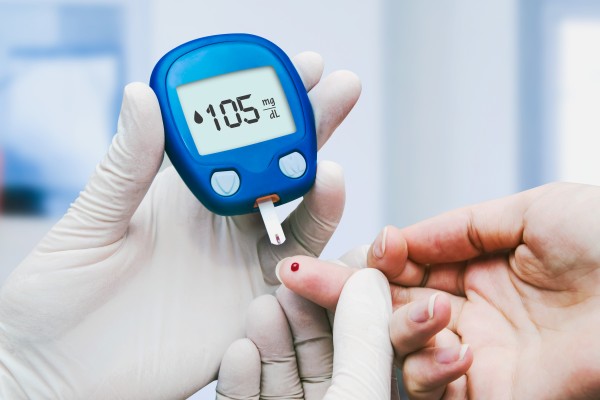59% of the UK are self-diagnosing their health symptoms online before contacting their GP

- People in the UK worry about their health on average 1.6 times every week
- 59% of people in the UK Google their symptoms before seeing a doctor, with 30% admitting it’s because they don’t want to put additional pressure on the healthcare system
- As a result of Googling their health symptom, 16% of people admit that this has seen a condition go undiagnosed by a doctor
Lenstore has conducted a survey of over 1,000 people to find out what the UK’s habits are when it comes to Googling their health symptoms. Looking at how often we search our health symptoms, why we self-diagnose, the actions we take as a result, and how much we worry about our health, Lenstore has uncovered the UK’s hypochondriac habits. You can view the full graphic here: https://www.lenstore.co.uk/research/googling-health-symptoms/
The internet provides endless sources of information on a breadth of subjects, and with health concerns being something we all share from time to time, it is a popular subject we seek advice for online. But how often are people in the UK Googling their health symptoms, and is it actually making us feel any better?
With 59% of the UK Googling their health symptoms before consulting a doctor, what are the main reasons driving our desire to self-diagnose?
- I like to be aware of any potential problems before seeing a doctor – 40%
- I use Google to decide whether I need to see a doctor or not – 37%
- I don’t want to put pressure on the healthcare system – 30%
- It’s too difficult to get an appointment – 26%
- I don’t like visiting the doctor’s – 23%
Whilst the main reason for Googling a health symptom is to be aware of potential problems before seeing a doctor, an alarming 37% of Brits use their own online self-diagnosis to determine whether they need to see a medical expert or not. In addition, with many people aware of the pressures faced by the NHS, 30% of people prefer to self-diagnose rather than add extra pressure to the healthcare system.
With the results showing that 16% of people in the UK admit Googling a health symptom has seen a condition go undiagnosed by a doctor for some time, and almost 1 in 4 people in the UK never or rarely following up with a medical appointment, it’s immensely important that individuals are not relying solely on their own online diagnosis.
London ranks as the city self-diagnosing the most
The capital takes the top spot with Googling health ailments the most, with a shocking 23% of Londoners always using the internet to self-diagnose. Plymouth ranks second with 21% and Edinburgh is third with 19%.
Without medical expertise and with a long list of sites to scan online, it is easy for us to self-diagnose our symptoms incorrectly, which as a result can cause much anxiety and worry. But which cities jump to the worst conclusion after Googling their health symptoms?
| Rank | City | % that jump to the worst conclusion after Googling a health symptom |
| 1 | Norwich | 37% |
| 2 | Plymouth | 35% |
| 3 | Leeds | 33% |
| 4 | Bristol | 29% |
| 5 | London | 28% |
Norwich takes the top spot with 37% of people jumping to the worst conclusion after Googling a health symptom, followed closely by Plymouth at 35%. London ranks at 28%.
Is the UK a hypochondriac nation?
The survey results show that people in the UK worry about their health 1.6 times per week, which explains why we may be googling our health symptoms, instead of consulting a doctor.
Roshni Patel, BSc (Hons) MCOptom, Professional Services Manager at Lenstore comments:
‘Whilst Googling a health symptom can be useful in putting people’s minds at ease, it is important for individuals to consult a doctor if they are worried about their health, if their symptoms persist, or if they are unsure of what is wrong. Online health sites should be used as a guide for patients, however a medical professional will be the one to diagnose you properly. When looking online, it is immensely important for individuals to use credible sites such as the NHS and WebMD, to ensure they are receiving the most up to date and accurate information. Self-diagnosing can become a slippery slope and cause a great deal of anxiety due to an incorrect diagnosis.’




